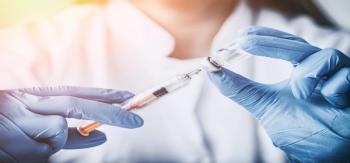
Investigators believe that an effective HIV vaccine would need to produce broadly neutralizing antibodies that would work on different strains of the virus.
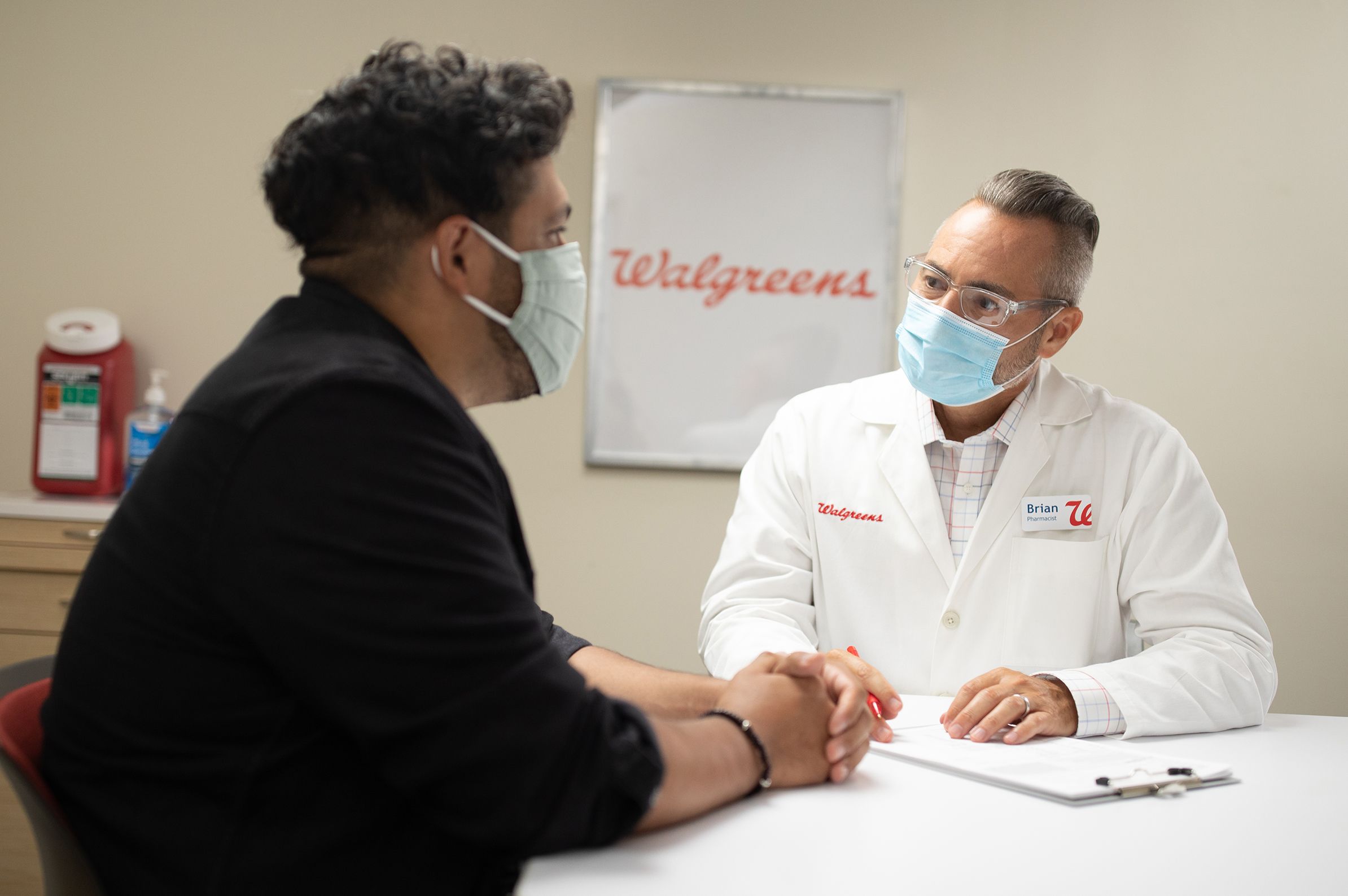

Investigators believe that an effective HIV vaccine would need to produce broadly neutralizing antibodies that would work on different strains of the virus.
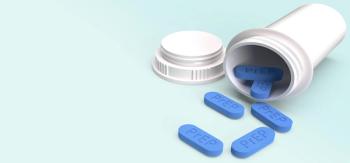
In order to eradicate HIV, the researchers said increasing health coverage will be essential. Without that, HIV will continue to spread, and individuals will be unaware of their status.
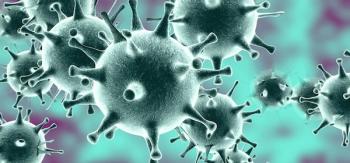
Patients with HIV who were hospitalized with COVID-19 were found to have high proportions of HIV virologic control on antiretroviral therapy.

During this study, no patient receiving TDF and FTC was admitted to intensive care or died.
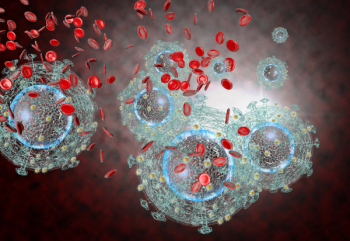
The FDA has approved cabenuva, which consists of rilpivirine and cabotegravir, for treating HIV-1 infection in adults. This therapy is the first once-monthly, long-acting injectable to be approved for the treatment of HIV.
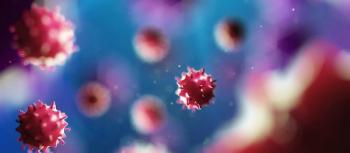
The study results showed that cabotegravir was 89% more effective than daily oral FTC/TDF for preexposure prophylaxis (PrEP).
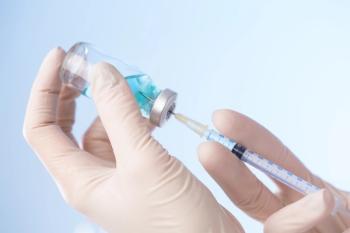
A recent study sought to investigate the attitudes of women with a history of injection—both medical and substance use—toward long-acting injectable HIV therapies.

The right balance of stem cell dose, cell type, and timing of antiretroviral therapy (ART) could potentially lead to a spontaneous cure of HIV, according to the study authors.

As patients with HIV are living longer, they are also being diagnosed with chronic conditions that have become increasingly common in recent decades, putting them at higher risk of COVID-19 hospitalization and death.

At the virtual 2020 ASHP Midyear Clinical Meeting and Exhibition, Elyse Tung, PharmD, BCACP, discussed key counseling points for pharmacists to address with patients when prescribing and managing PrEP.

The FDA has approved Rukobia (fostemsavir) for the treatement of human immunodeficiency virus 1 (HIV-1) infection.
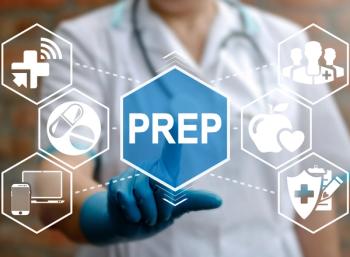
Additional non-oral options could provide more manageable forms of PrEP treatment for patients, potentially increasing global uptake of PrEP in the future.

Further, the study showed cabotegravir was 89% more effective than daily oral FTC/TDF for pre-exposure prophylaxis (PrEP).

Further, the study showed cabotegravir was 89% more effective than daily oral FTC/TDF for pre-exposure prophylaxis (PrEP).

The US Department of Health & Human Services released guidance at the beginning of the pandemic clarifying guidelines regarding best practices in HIV care.

This activity is supported by an educational grant from Janssen Therapeutics, division of Janssen Products, LP.

Conduct proper review and evaluation of ARV and DOAC pharmacokinetics and metabolism prior to recommending treatment.
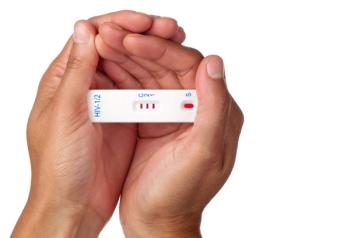
Although HIV self-tests are available for retail purchase by consumers, the CDC encourages health departments to consider self-testing as an additional strategy to reach individuals most affected by the virus.
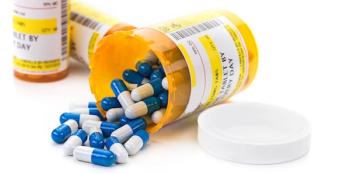
This activity is supported by an educational grant from Janssen Therapeutics, division of Janssen Products, LP.
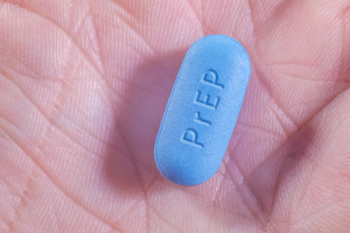
Insurance companies are currently investigating the option of modifying which medications they will cover for HIV pre-exposure prophylaxis (PrEP) therapy, with broad implications for patient access.
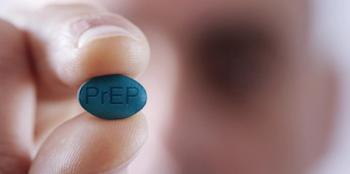
Learn how retail or specialty pharmacy distribution can affect access to these important drugs.
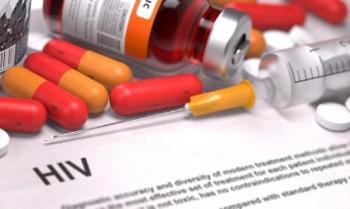
Following the global impact of COVID-19 on the health care system in 2020, there have been some clear changes in HIV care in the United States.
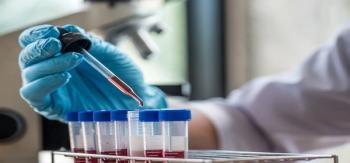
Successfully implementing HIV and hepatitis C testing at drug detoxification centers could help identify and link patients to care, but would require that the test results are available to nearby health care facilities.

Although antiretroviral therapy is an important option for patients with HIV, the viral reservoir has been a major obstacle for researchers looking to effectively cure the disease.
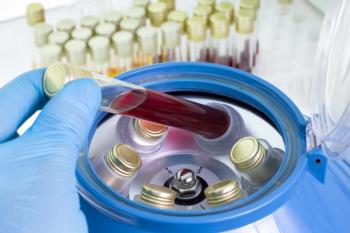
According to results from a recent study, a functional cure for HIV may lie in identifying the viral reservoirs in which HIV places copies of its viral genetic material into cell genomes.